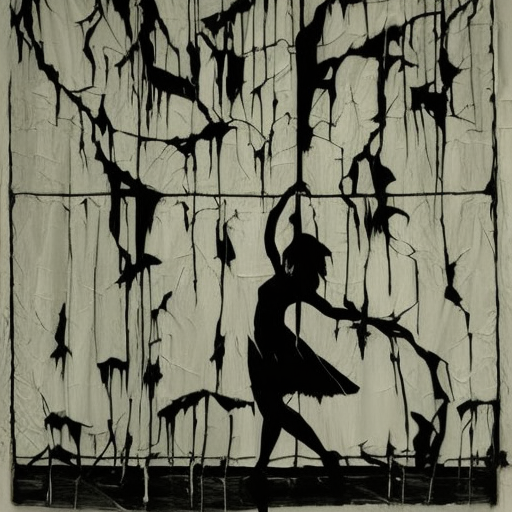One-line Summary:
Psycho is a psychological horror film directed by Alfred Hitchcock. It follows Marion Crane, a secretary who steals money from her employer and ends up at the Bates Motel, owned by the enigmatic Norman Bates. The film explores themes of duality, identity, and the nature of evil.
Main Cast and Crew:
- Director: Alfred Hitchcock
- Writer: Joseph Stefano
- Key Actors:
- Anthony Perkins as Norman Bates
- Janet Leigh as Marion Crane
- Vera Miles as Lila Crane
- John Gavin as Sam Loomis
- Music Director: Bernard Herrmann
- Director of Photography: John L. Russell
- Producers: Alfred Hitchcock
Plot:
Marion Crane, a secretary in Phoenix, Arizona, steals $40,000 from her employer and flees to start a new life with her boyfriend, Sam Loomis. On her way, she stops at the Bates Motel, run by the peculiar Norman Bates. Marion and Norman have an unsettling conversation, and she decides to return the stolen money. However, she is brutally murdered in the infamous shower scene by an unknown assailant.
Marion’s disappearance prompts her sister, Lila, and Sam to investigate. They discover that Norman’s mother, Norma Bates, died years ago, but Norman has been living as if she were still alive. As the investigation unfolds, it becomes clear that Norman suffers from dissociative identity disorder and has been assuming his mother’s identity to commit the murders.
Themes and Motifs:
Psycho explores themes of duality, identity, and the nature of evil. The film delves into the idea that good and evil can coexist within an individual, as seen in Norman Bates’ split personality. The motif of mirrors and reflections is used to symbolize the characters’ internal struggles and the blurred line between reality and illusion. The film also challenges traditional gender roles, with Marion Crane initially portrayed as a morally ambiguous character and Norman Bates subverting expectations of masculinity.
Reception and Legacy:
Upon its release in 1960, Psycho received mixed reviews from critics but was a commercial success. It was praised for its innovative storytelling techniques, including the use of suspense and the shocking twist in the narrative. The film earned four Academy Award nominations and is considered one of Hitchcock’s greatest works.
Psycho has had a lasting impact on cinema, influencing numerous horror films and popularizing the slasher genre. The shower scene, in particular, has become iconic and is often referenced in popular culture. The film’s exploration of the human psyche and its examination of the darker aspects of human nature continue to captivate audiences to this day.
Recommendation:
Psycho is a must-watch for fans of psychological horror and Hitchcock enthusiasts. Its suspenseful storytelling, memorable characters, and groundbreaking techniques make it a timeless classic that still holds up today.
Memorable Quote:
“A boy’s best friend is his mother.” – Norman Bates












